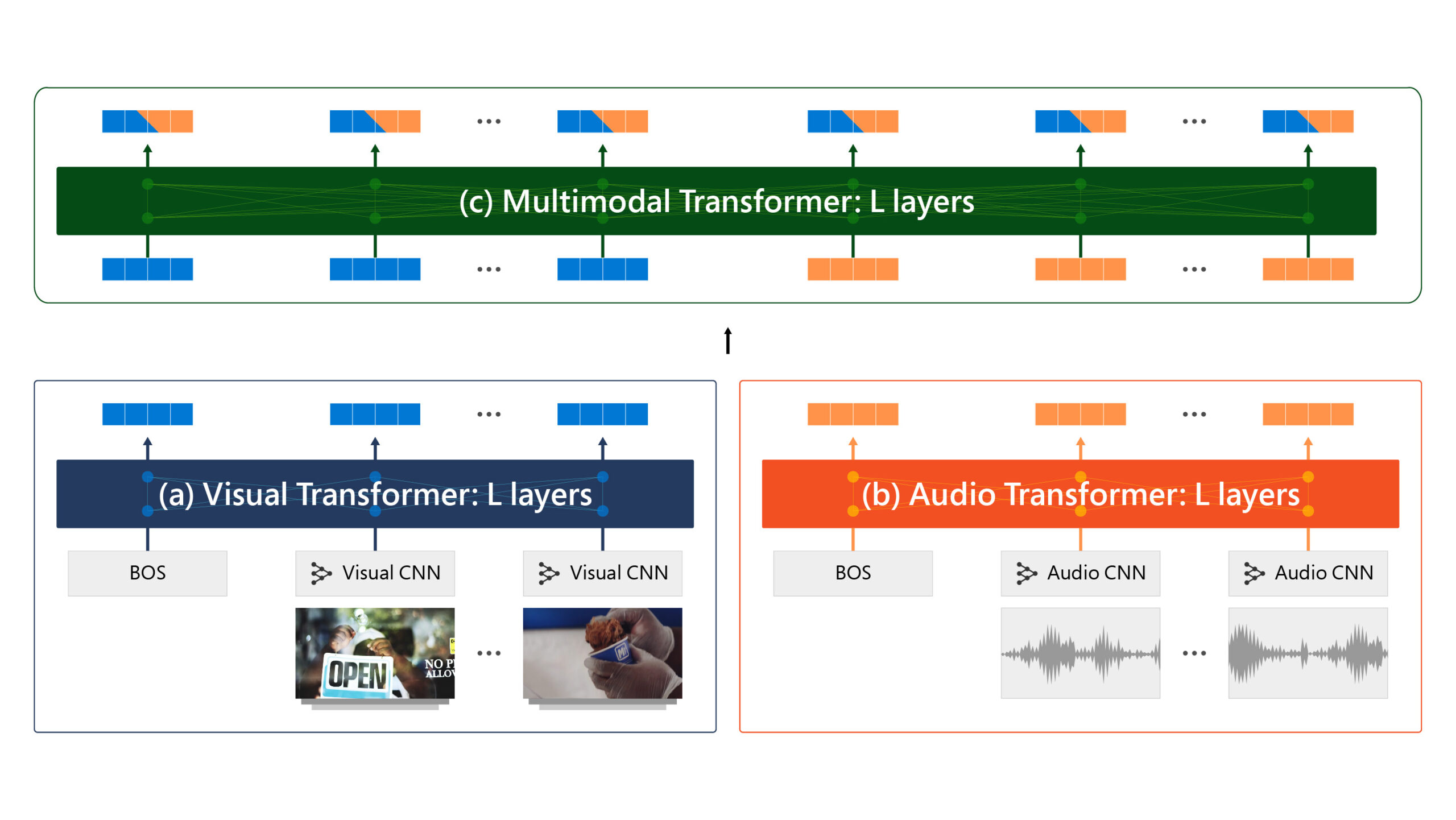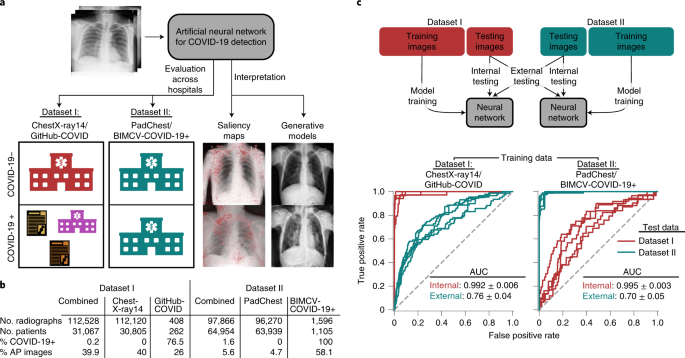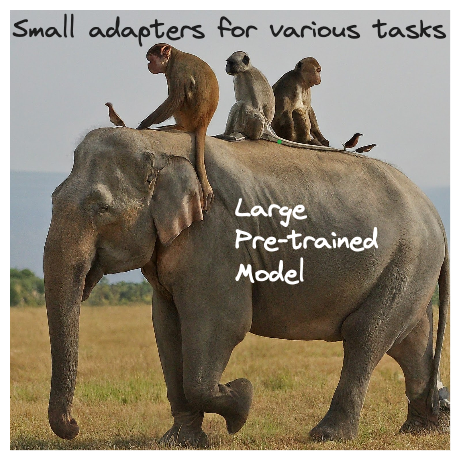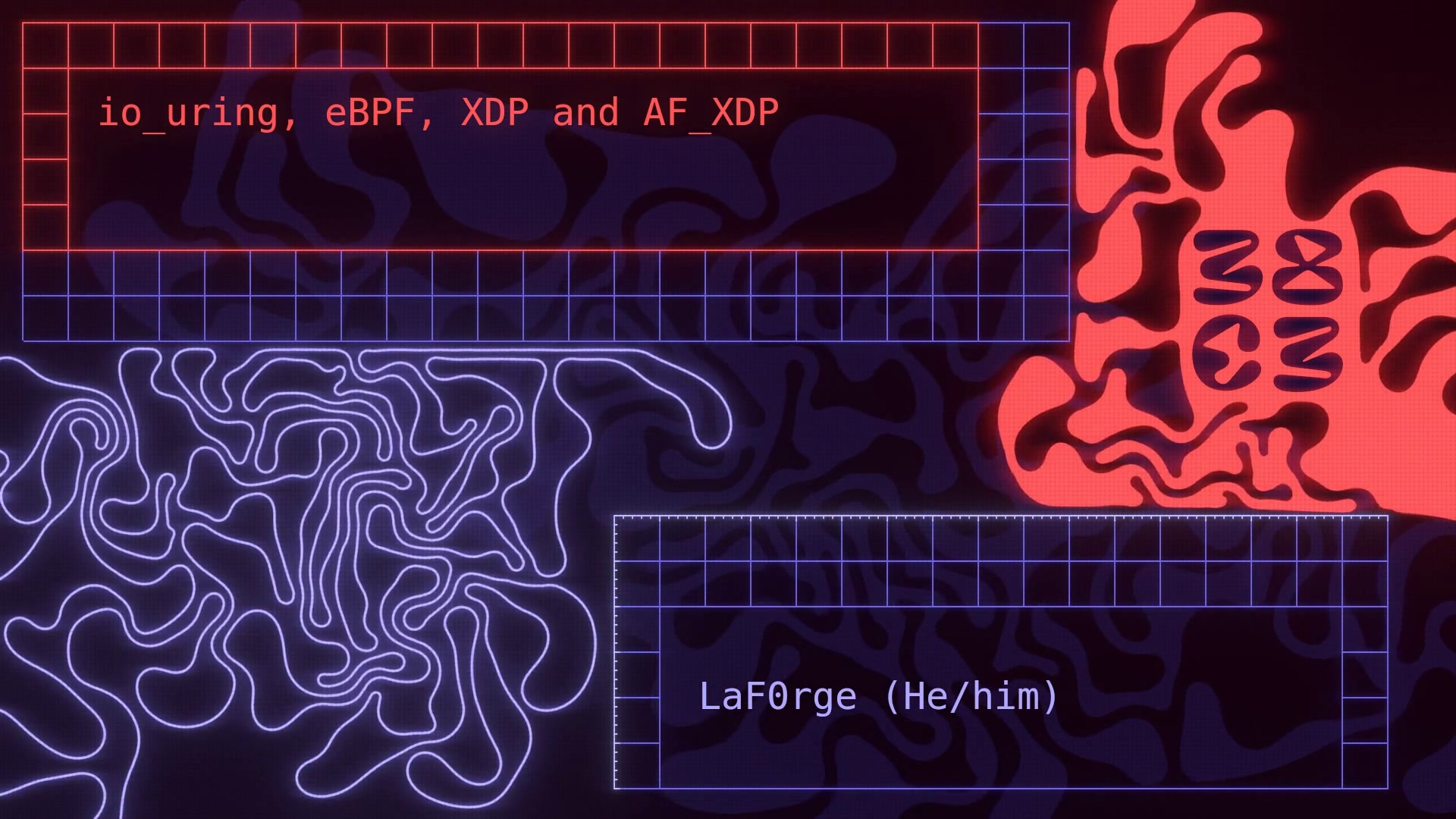
AI Models Are Getting Smarter. New Tests Are Racing to Catch Up
D espite their expertise, AI developers don't always know what their most advanced systems are capable of—at least, not at first. To find out, systems are subjected to a range of tests—often called evaluations, or ‘evals’—designed to tease out their limits. But due to rapid progress in the field, today’s systems regularly achieve top scores on many popular tests, including SATs and the U.S. bar exam, making it harder to judge just how quickly they are improving.
A new set of much more challenging evals has emerged in response, created by companies, nonprofits, and governments. Yet even on the most advanced evals, AI systems are making astonishing progress. In November, the nonprofit research institute Epoch AI announced a set of exceptionally challenging math questions developed in collaboration with leading mathematicians, called FrontierMath, on which currently available models scored only 2%. Just one month later, OpenAI’s newly-announced o3 model achieved a score of 25.2%, which Epoch’s director, Jaime Sevilla, describes as “far better than our team expected so soon after release.”
Amid this rapid progress, these new evals could help the world understand just what advanced AI systems can do, and—with many experts worried that future systems may pose serious risks in domains like cybersecurity and bioterrorism—serve as early warning signs, should such threatening capabilities emerge in future.


















